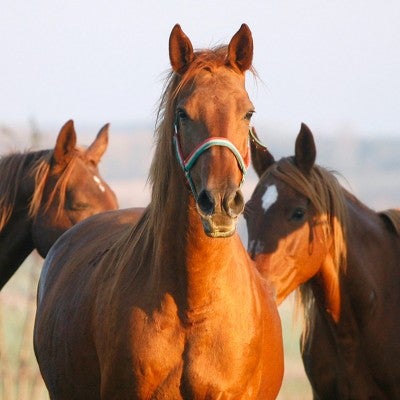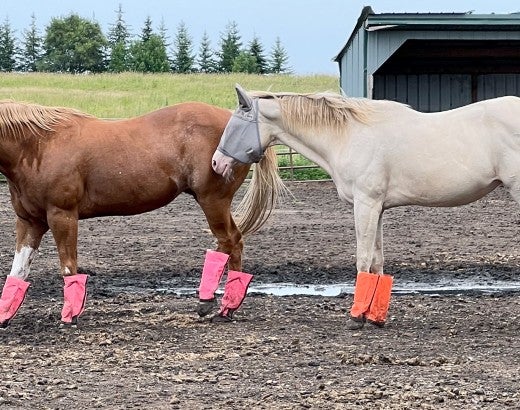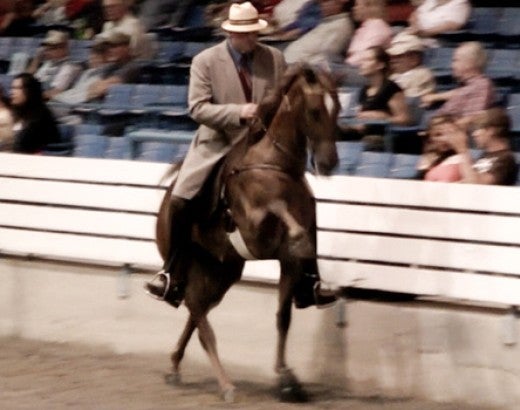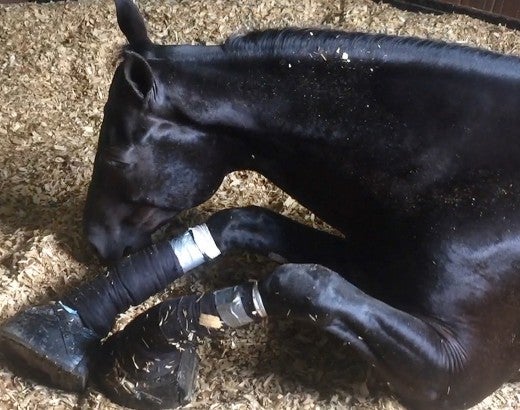Domesticated for millennia, horses still have the brains and bodies of prey animals—the instinct to bolt at the hint of danger at a speed (up to 40 miles per hour) that can carry them to safety. Burros are nearly as fast, but use their intelligence to assess threats before fleeing.
For centuries, they powered our economies, carrying us and our burdens, pulling wagons and plows. Today, they need our help. Irresponsible breeding leads to homeless horses and burros—animals often auctioned off for slaughter. Poor management of horses in the wild has left thousands in holding pens. And some trainers “sore” the legs and hooves of Tennessee walking horses so the animals move with a high-stepping gait born of pain.
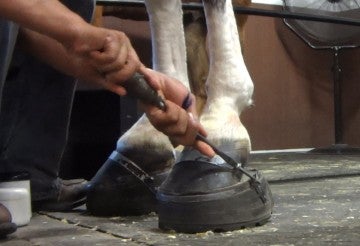
Horses in the wild in the U.S. are all mustangs, descended from horses the Spanish brought to the New World. They live in harems, with a single male or stallion and many females and foals.
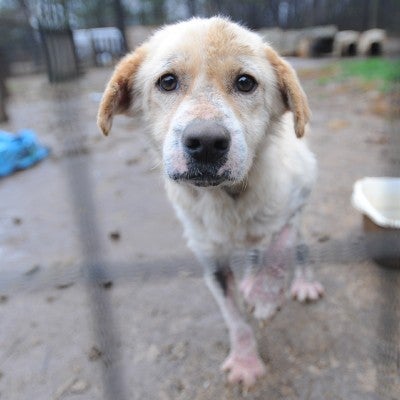
For every animal saved, countless others are still suffering. By stepping up for them, you can create a future where animals no longer have to suffer in puppy mills, factory farms, testing labs or other heartbreaking situations. Start saving lives today!
